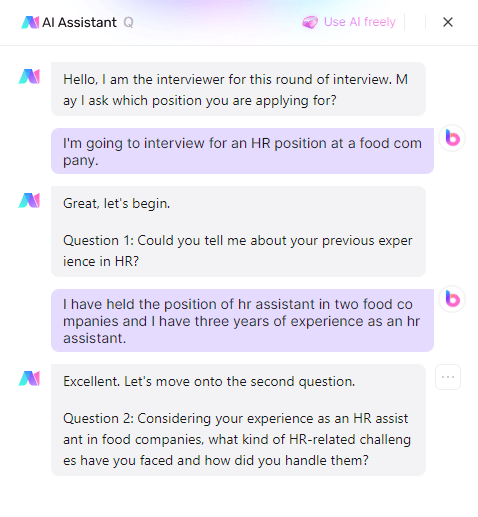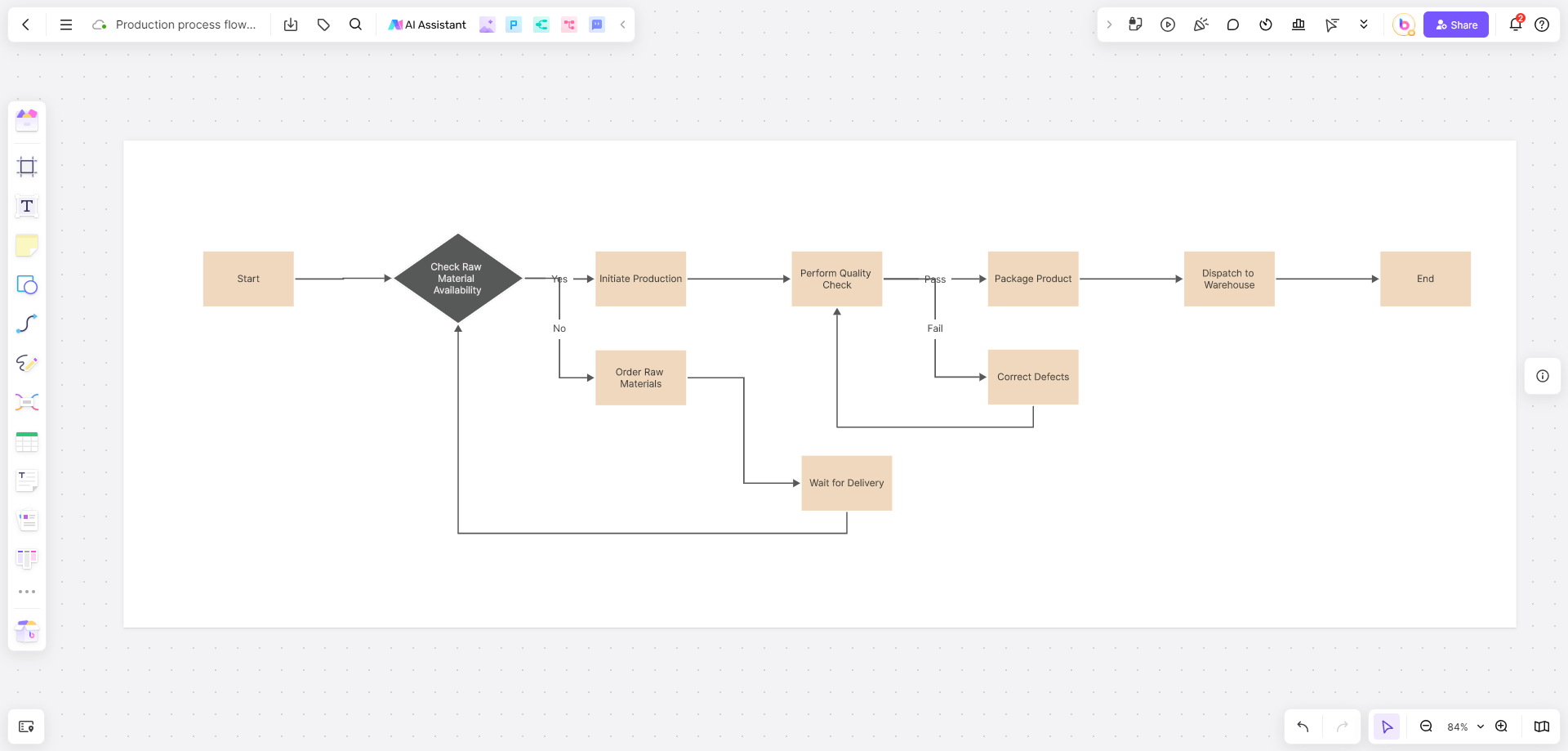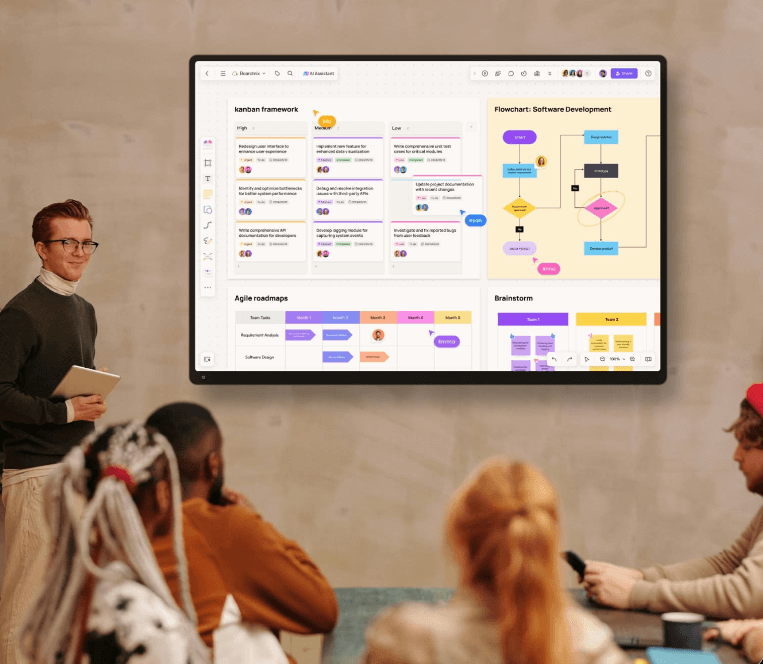In the realm of project management, choosing the right methodology is crucial for the success of a project. This article will delve into the nuances of agile vs predictive project management, helping you understand their differences, suitability for various projects, and how online software can enhance their implementation.
Understanding Project Management Methodologies
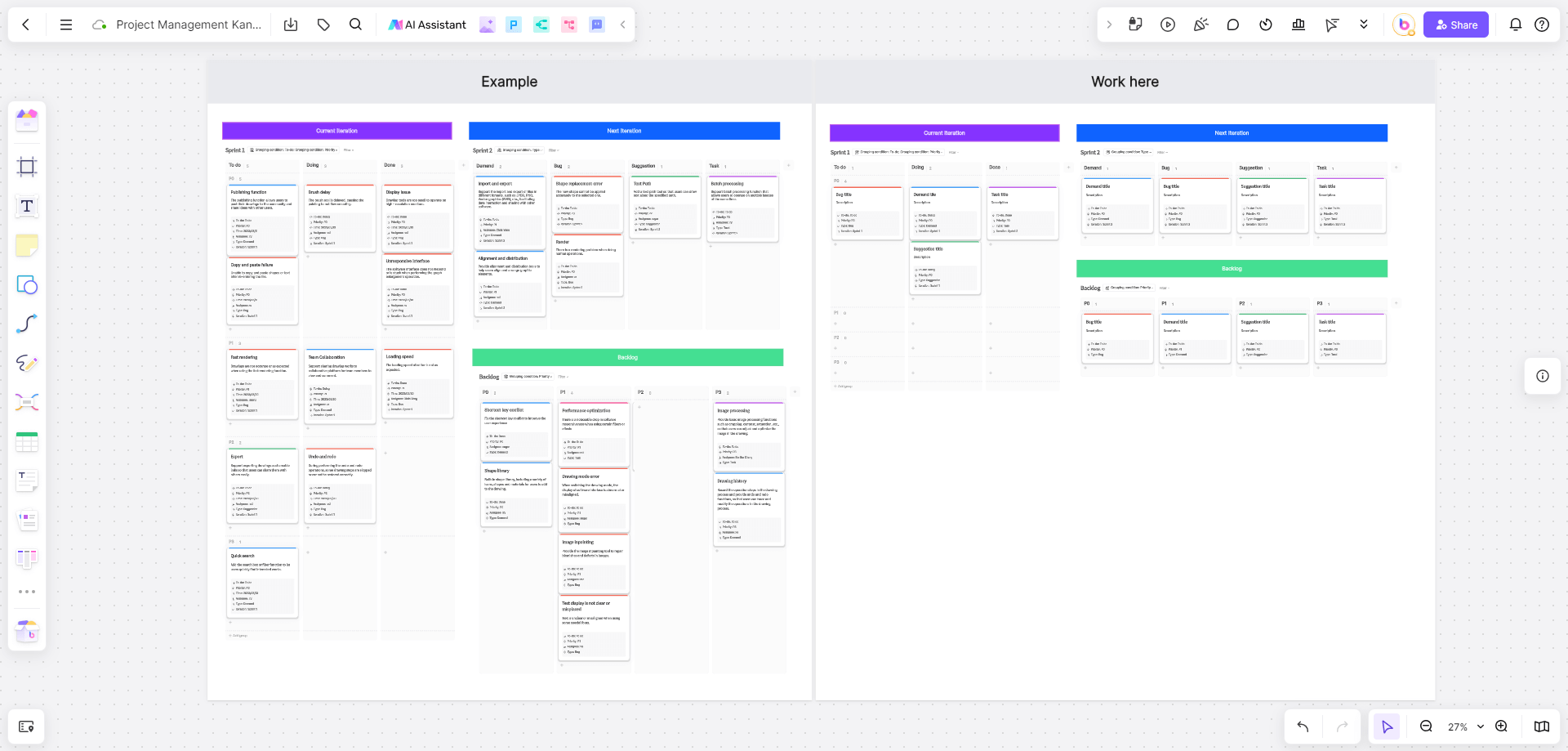
Project management methodologies provide a structured approach to managing projects, ensuring that they are completed on time, within budget, and to the required quality standards. Among the most popular methodologies are agile project management and predictive project management.
Why Are Agile and Predictive Methodologies Popular?
Both agile project management and predictive project management have gained popularity due to their distinct advantages:
Agile Project Management: Known for its flexibility, iterative approach, and focus on customer collaboration. It allows teams to respond quickly to changes and deliver value incrementally.
Predictive Project Management: Also known as the waterfall model, it is praised for its structured, linear approach. It is ideal for projects with well-defined requirements and clear objectives from the outset.
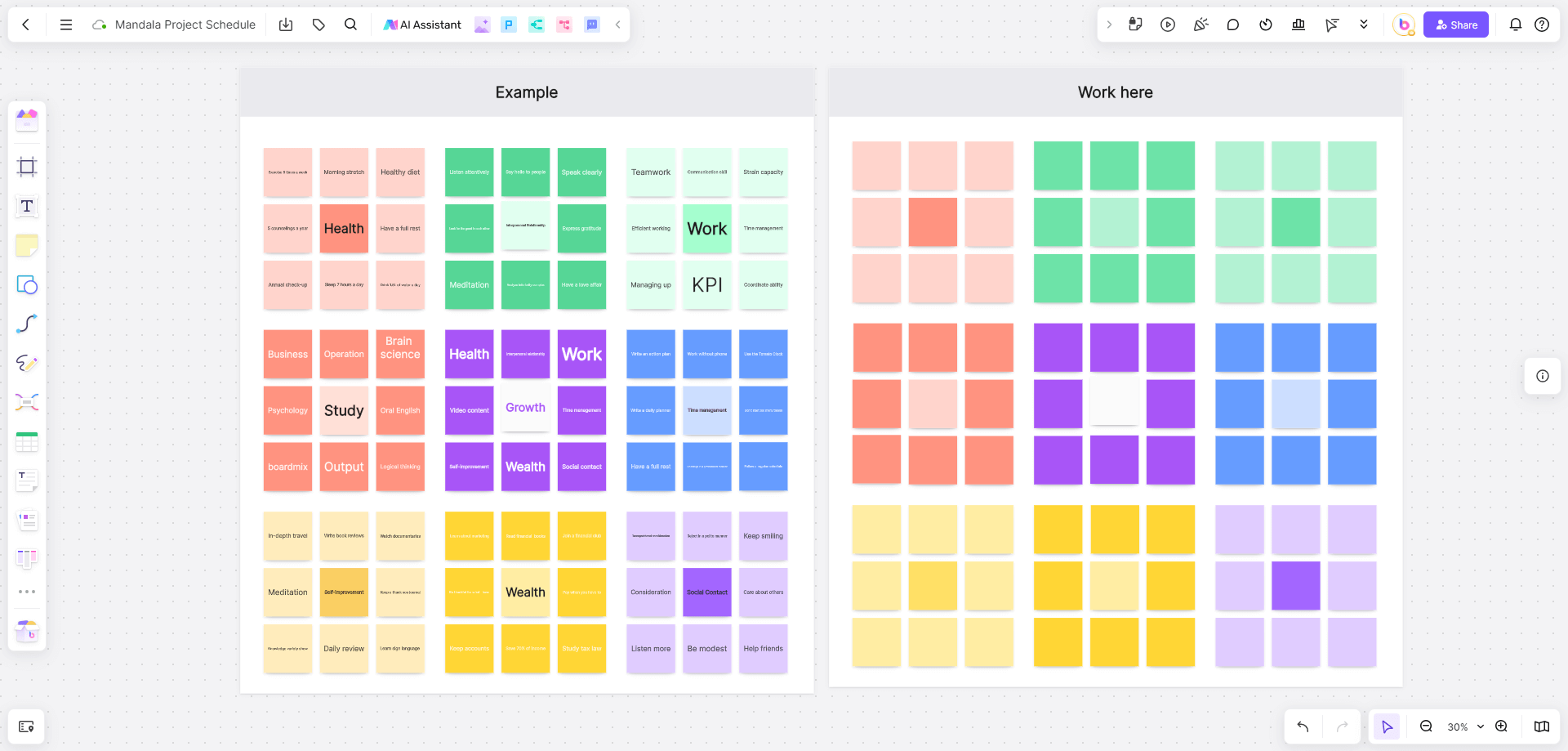
What is Agile Project Management?
Agile project management is an iterative approach that emphasizes flexibility, collaboration, and customer feedback. It breaks down projects into small, manageable units called sprints or iterations, typically lasting two to four weeks. Each sprint involves planning, execution, and review phases, ensuring continuous improvement and adaptation based on feedback.
What is Predictive Project Management?
Predictive project management, often referred to as the waterfall model, is a traditional approach that follows a linear, sequential process. It involves distinct phases such as initiation, planning, execution, monitoring, and closure. Each phase must be completed before moving on to the next, making it suitable for projects with clearly defined requirements and minimal changes expected during execution.
Which Projects are Best Suited for Agile Project Management?
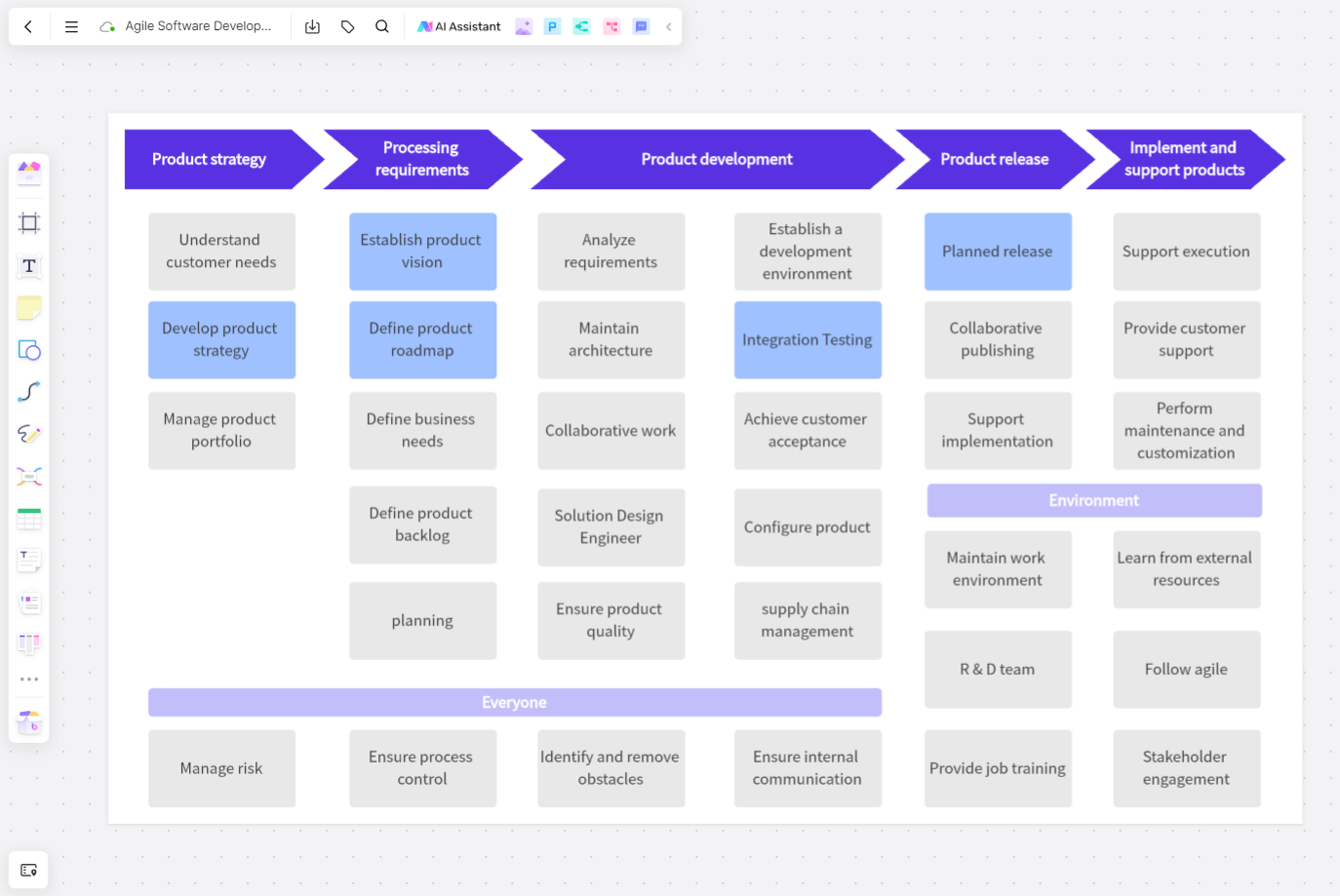
Agile project management is particularly well-suited for projects characterized by:
Uncertainty and Change: Projects with evolving requirements or where customer feedback is crucial.
Short Delivery Cycles: Projects that benefit from incremental delivery and continuous value addition.
Innovation and Creativity: Projects in dynamic industries like software development, where innovation and rapid adaptation are key.
Challenges and Limitations of Agile Project Management
Despite its advantages, agile project management faces several challenges:
Scalability: Managing large, complex projects with multiple teams can be challenging.
Resource Allocation: Requires highly skilled, cross-functional teams and may lead to resource constraints.
Documentation: Emphasis on working software over comprehensive documentation can lead to gaps in project records.
Which Projects are Best Suited for Predictive Project Management?
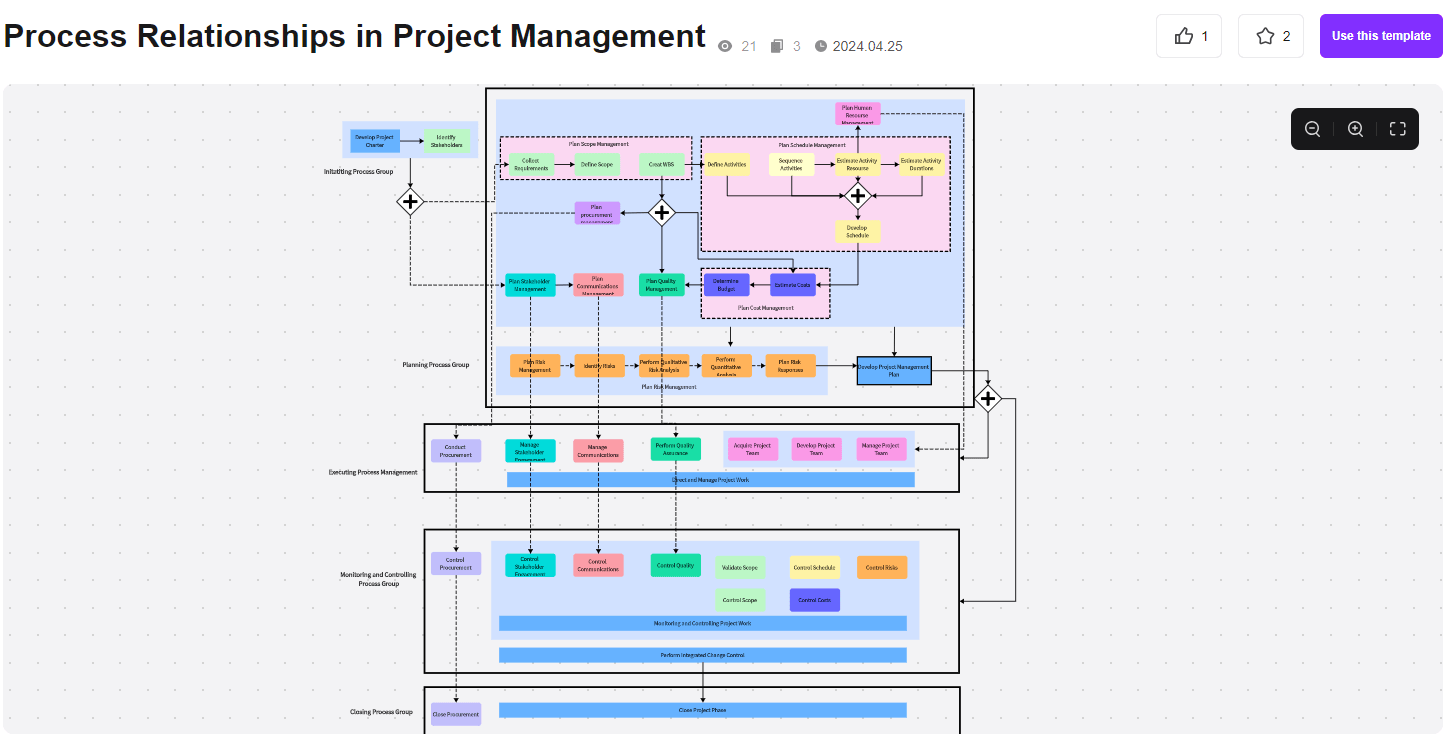
Predictive project management excels in projects that:
Have Clear Requirements: Projects with well-defined goals, scope, and deliverables from the outset.
Feature Long Timelines: Projects with extended timelines and less need for iterative feedback.
Prioritize Structure: Projects in industries like construction or manufacturing, where a structured approach is essential for compliance and safety.
Challenges and Limitations of Predictive Project Management
Predictive project management also has its limitations:
Inflexibility: Less adaptable to changes once the project plan is set.
Risk of Misalignment: Long planning phases can lead to a disconnect between initial assumptions and actual project needs.
Heavy Documentation: Can be time-consuming and may lead to information overload.
5 Software for Agile Project Management and Predictive Project Management
To effectively implement agile and predictive project management, leveraging the right software is crucial. Here are five tools that cater to both methodologies, highlighting their key features and benefits:
1. Boardmix
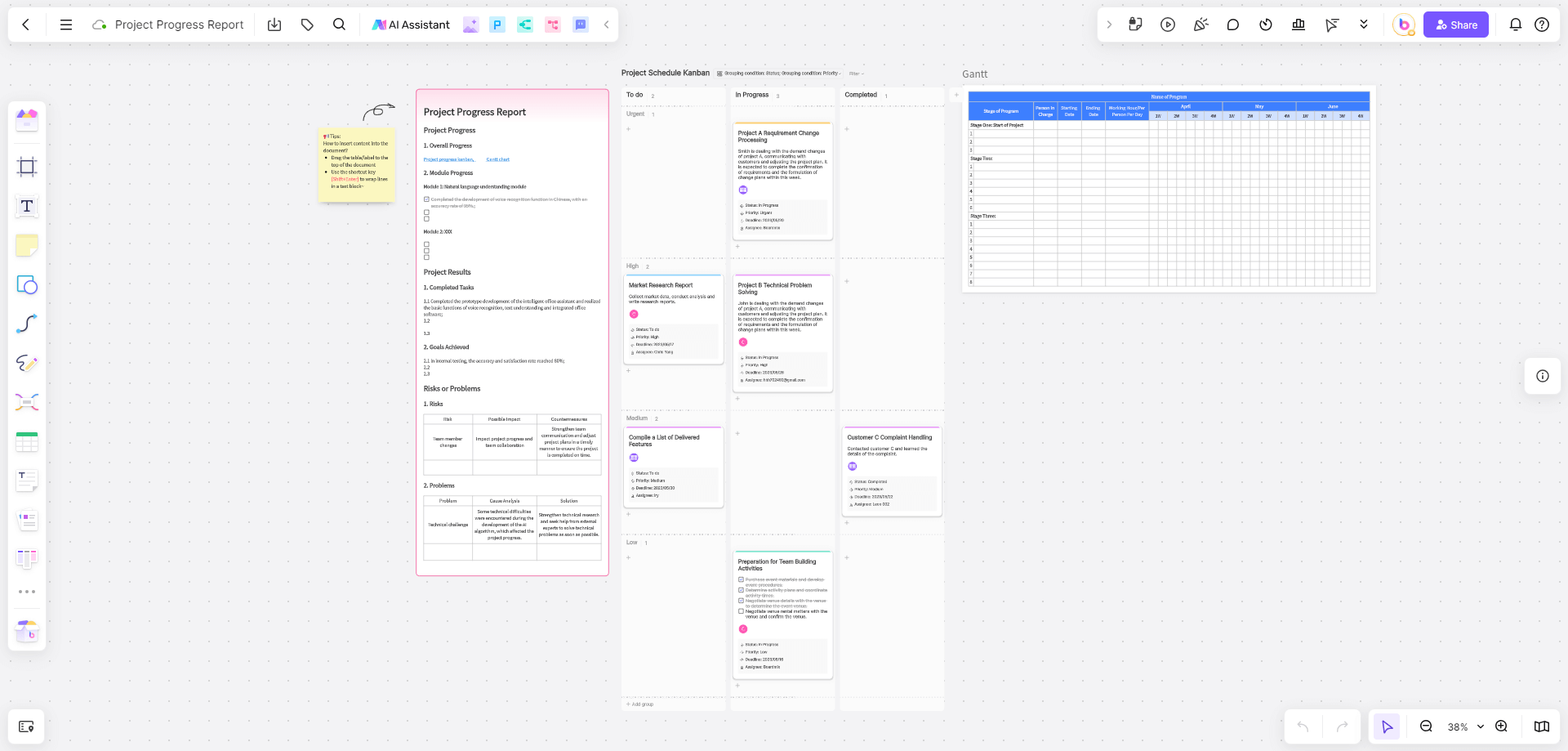
Collaborative Environment: Boardmix supports real-time collaboration, allowing multiple stakeholders to work on the same document simultaneously.
Visualization Tools: Offers mind maps, flowcharts, and SWOT diagrams to facilitate brainstorming and idea organization.
Templates: Provides customizable templates for both agile and predictive project management, saving time and ensuring all critical elements are covered.
Progress Tracking: Features tools to track progress, set milestones, and monitor KPIs.
Centralized Documentation: Stores all project documents in a centralized repository for easy access and reference.
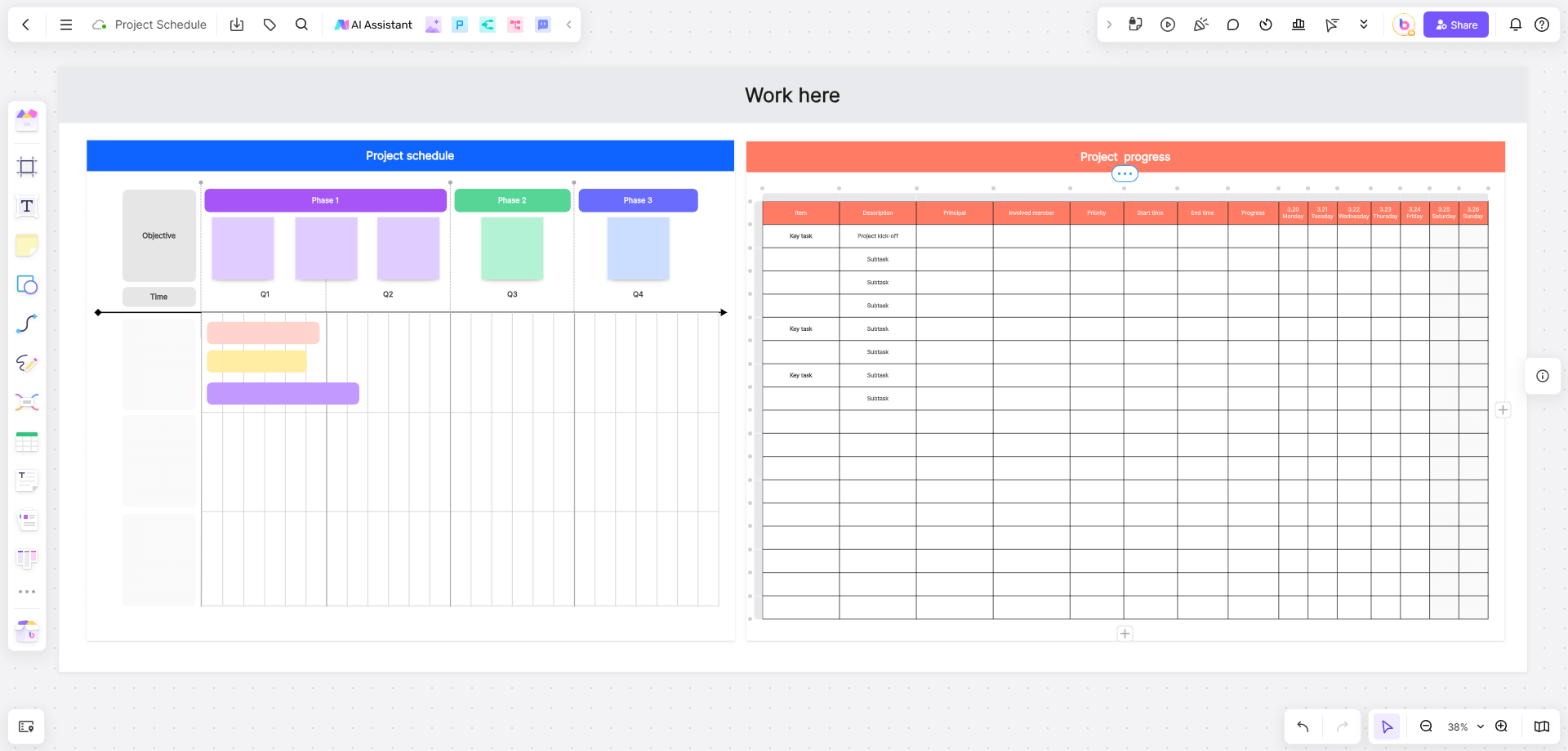
Benefits for project management:
Enhances team collaboration and ensures everyone is aligned with project goals.
Provides visual tools to improve understanding and communication of complex ideas.
Saves time with ready-to-use templates that can be tailored to specific project needs.
Keeps track of project milestones and performance metrics, ensuring timely execution.
Centralizes documentation, making it easy to find and reference necessary information.
2. Jira
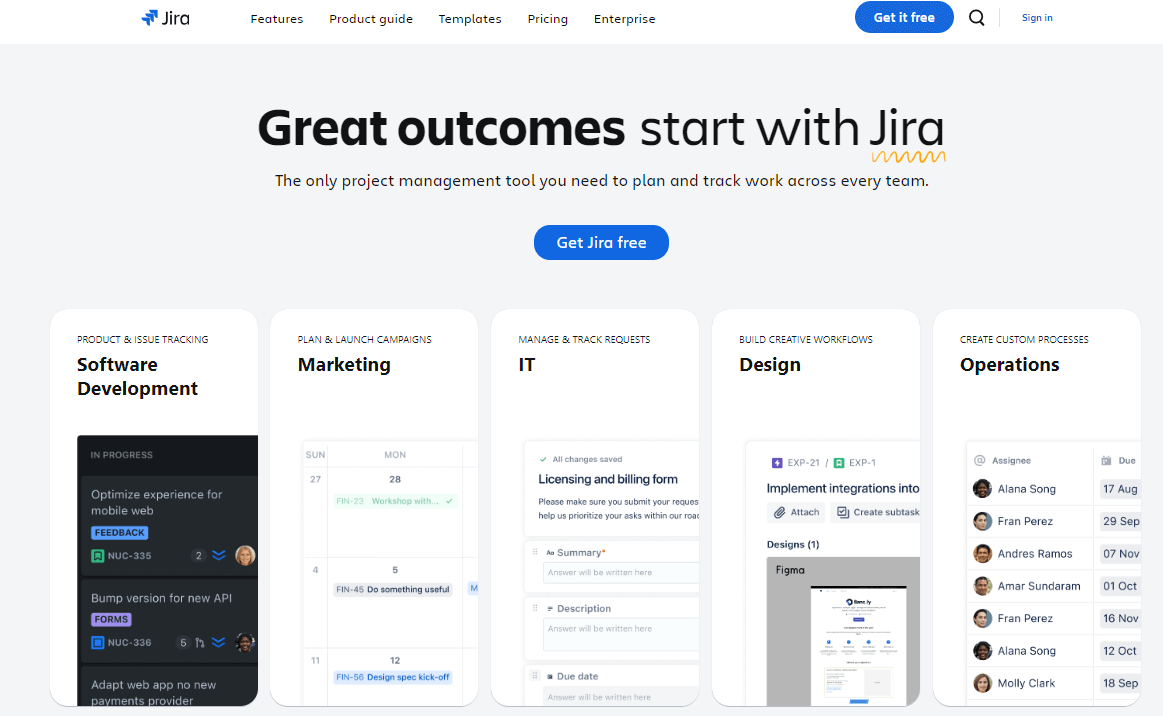
Agile Boards: Supports scrum and kanban boards for agile project management.
Backlog Management: Helps prioritize and manage tasks.
Reporting: Provides detailed reports and dashboards for tracking progress.
Benefits for project management:
Enhances collaboration and transparency in agile projects.
Facilitates real-time updates and team coordination.
3. Microsoft Project
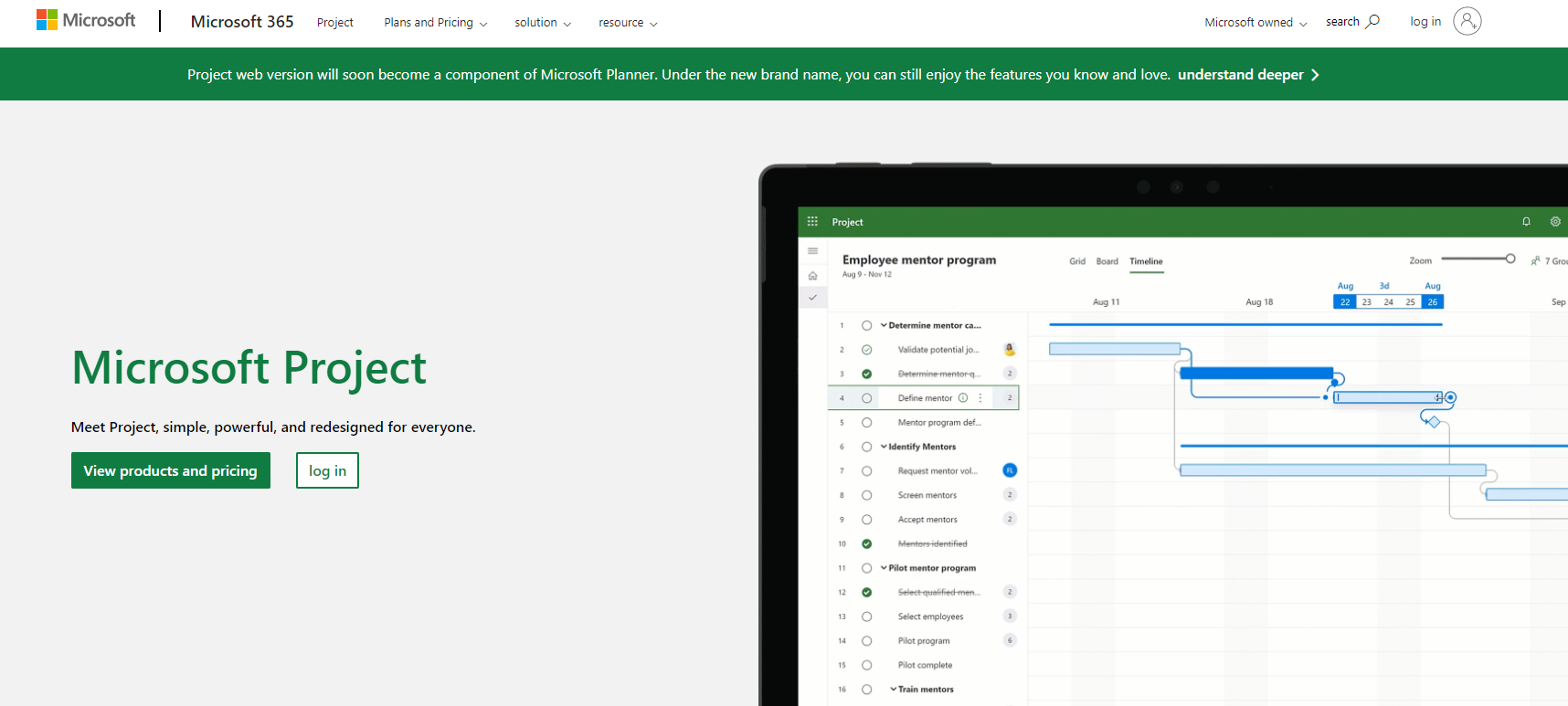
Gantt Charts: Ideal for predictive project management with detailed planning and scheduling.
Resource Management: Efficiently allocates resources and tracks availability.
Timeline View: Visualizes project timelines and milestones.
Benefits for project management:
Provides a comprehensive view of project progress.
Ensures structured planning and adherence to timelines.
4. Trello
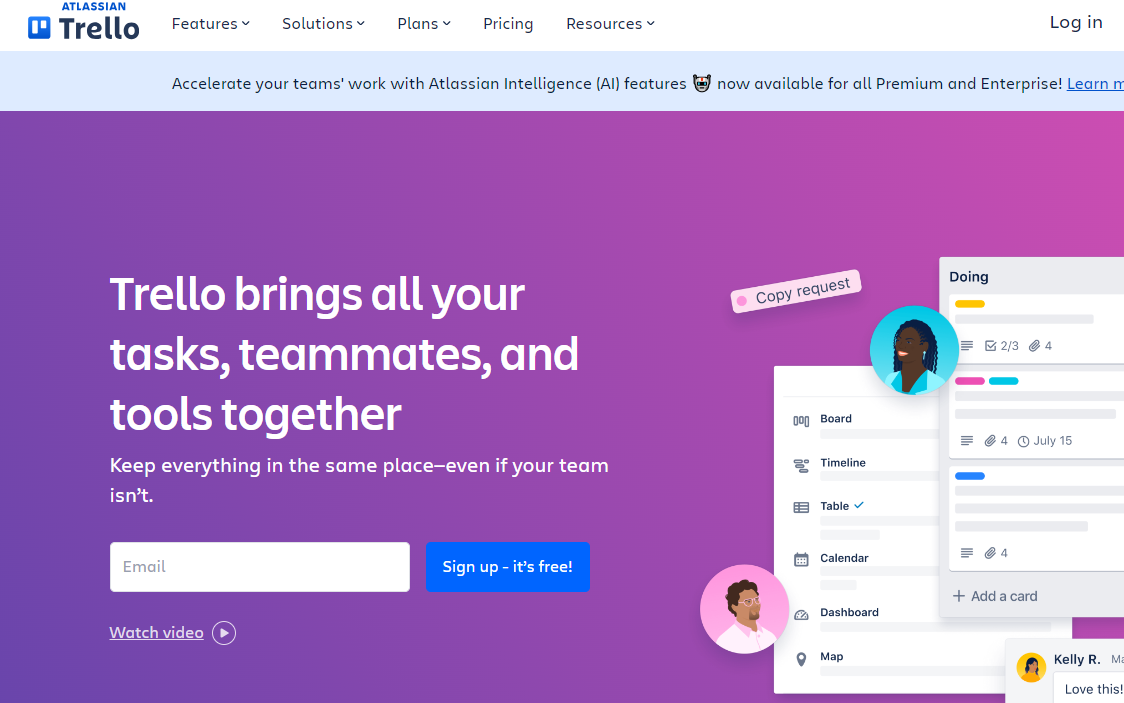
Boards and Cards: Flexible kanban-style boards for task management.
Customizable Workflows: Adaptable to both agile and predictive project management.
Integrations: Connects with various tools like Slack, Google Drive, and more.
Benefits for project management:
Simplifies task management and collaboration.
Adapts to different project management methodologies.
5. Asana
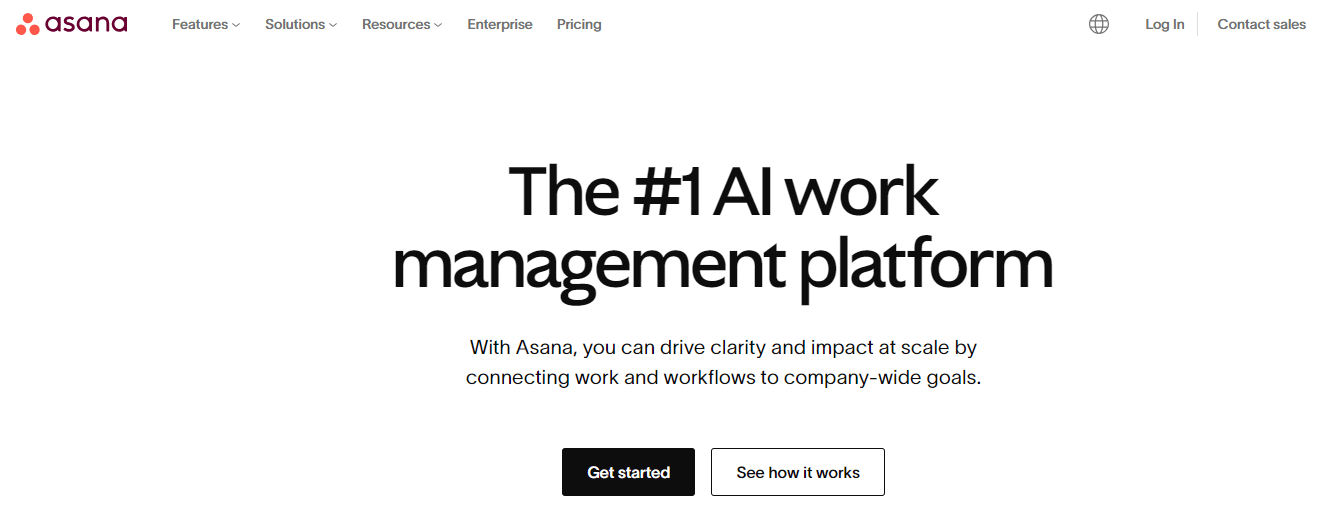
Task Management: Organizes tasks with deadlines, priorities, and dependencies.
Project Timelines: Gantt-like timelines for predictive project management.
Agile Workflows: Supports scrums and kanban boards.
Benefits for project management:
Streamlines project planning and execution.
Enhances team productivity and accountability.
How Boardmix Can Help You with Project Management
Boardmix is an excellent tool for enhancing your agile and predictive project management processes. Here’s how you can leverage its features:
Steps to Use Boardmix for Project Management
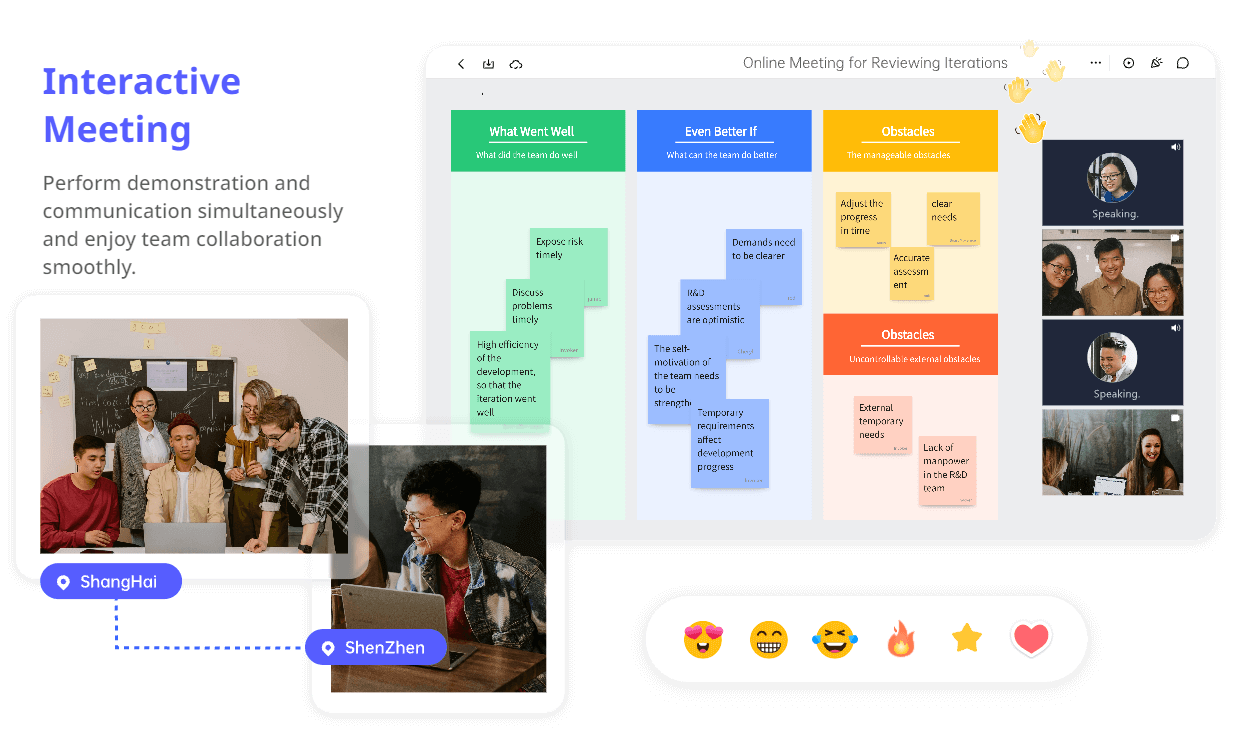
Kickoff Meeting: Start with a virtual kickoff meeting using Boardmix, involving all stakeholders to discuss project goals and methodologies.
Template Selection: Choose from a variety of templates tailored for both agile and predictive project management. Customize them according to your project’s needs.
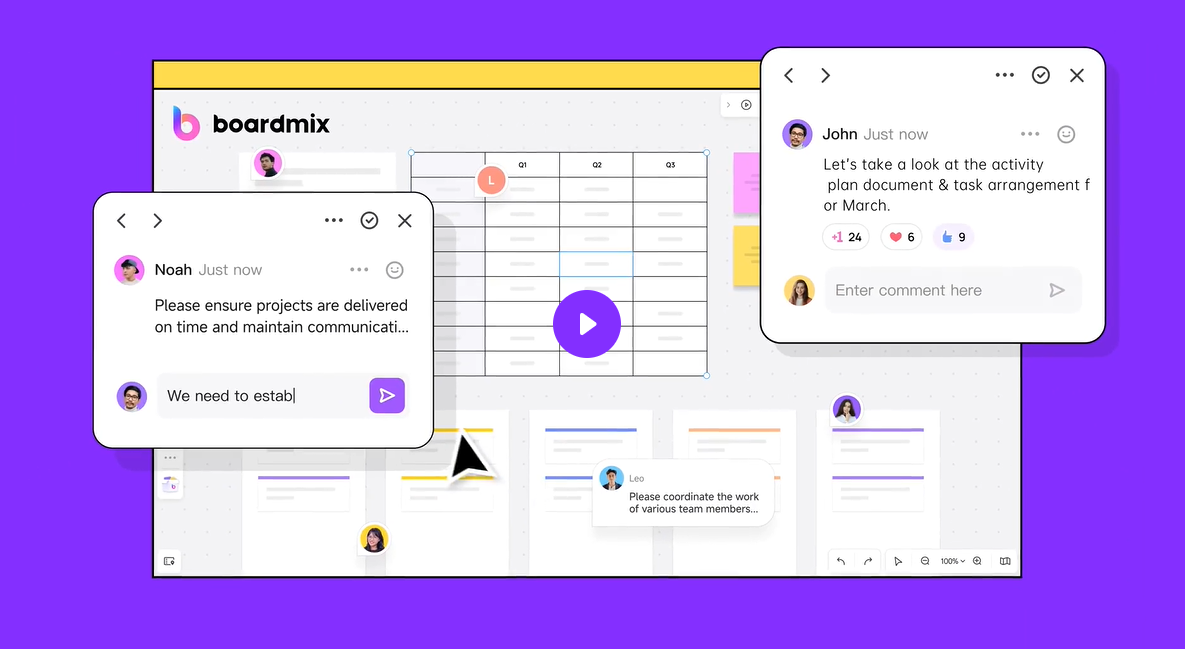
Collaborative Planning: Use Boardmix’s collaborative features to involve team members in planning and brainstorming sessions. Utilize mind maps and flowcharts for agile projects or detailed Gantt charts for predictive projects.
Task Assignment: Assign tasks and responsibilities within Boardmix, ensuring clear accountability and timelines.
Progress Tracking: Monitor progress using visual dashboards and tracking tools. Boardmix allows for real-time updates and adjustments based on project developments.
Feedback and Iteration: For agile projects, use Boardmix to gather customer feedback and iterate on project deliverables. For predictive projects, ensure all documentation is up-to-date and aligned with the project plan.
Documentation and Reporting: Store all project documents within Boardmix for easy access and reference. Generate reports to keep stakeholders informed about project status and outcomes.
Use of Templates in Boardmix
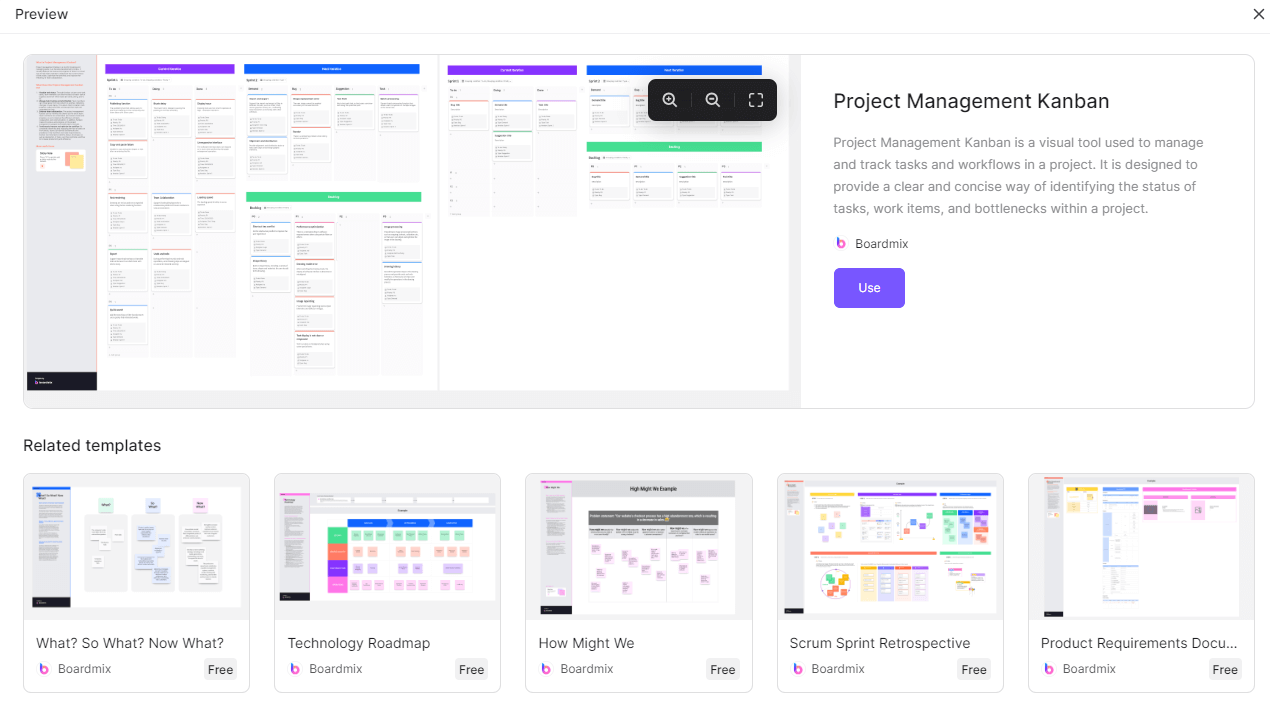
Boardmix offers a range of templates designed to streamline your project management process:
Agile Templates: Includes templates for sprints, backlogs, and retrospectives. These templates help in organizing and managing agile projects effectively.
Predictive Templates: Offers templates for project plans, timelines, and resource allocation. These templates ensure structured and comprehensive project management.
By utilizing these templates, you can save time and ensure all critical elements of your project management process are covered.
Conclusion
In conclusion, understanding the differences between agile vs predictive project management is crucial for selecting the right methodology for your projects. Agile project management excels in flexibility and customer collaboration, making it ideal for dynamic and innovative projects. On the other hand, predictive project management offers a structured, linear approach suitable for projects with clear requirements and minimal changes.
Leveraging the right software can significantly enhance the implementation of both methodologies. Tools like Boardmix, Jira, Microsoft Project, Trello, and Asana offer features tailored for agile project management and predictive project management. Additionally, Boardmix stands out as a comprehensive tool that supports collaboration, planning, and documentation for both methodologies.
By understanding and utilizing these tools, you can ensure successful project outcomes, whether you adopt an agile or predictive approach.








